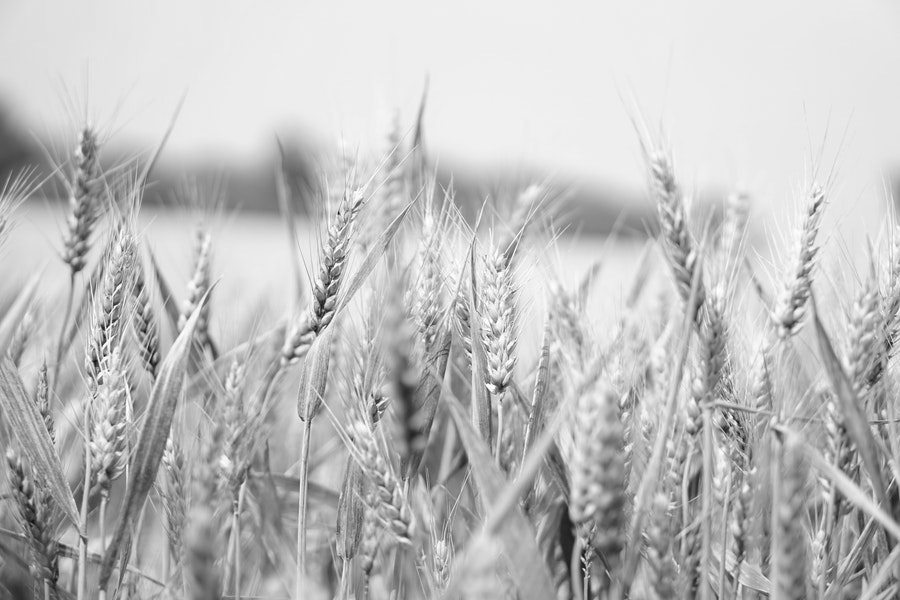The past year has seen unprecedented change as all have faced up to the challenge of the pandemic. It has created challenge and not a little confusion, but it has also provided time and space to evaluate what really matters in life and the importance to us of our essential services and industries, not least food supply and agriculture. In looking at issues such as protecting our environment and carbon footprinting, again the spotlight has turned on agriculture. The totality of food miles in getting supplies to consumers is immense and, in carbon emission terms alone, a huge issue. Then of course in the UK there is Brexit, with all the change it brings – and to many producers some fear and uncertainty.
However, as is always the case, out of challenge and confusion comes opportunity. To many in UK agriculture these are exciting and potentially game-changing times, provided they adapt to meet customers’ needs and changing trading arrangements – and indeed demand patterns. Agriculture occupies over 70% of land within the UK, and the new Agriculture Bill requires land to be farmed in a productive way, with less environmental impact, and to diversify and plan for succession. At a time when the government is looking to reform the planning system, it has never been so important for the new measures to support farm businesses now and in the future.
The government pledge is “to enable an innovative, productive and competitive food supply chain from farm and sea to fork that invests in its people and skills”. Sustainable farm businesses are important not only for their custodian role in shaping the landscapes that we value and rely on for our environmental wellbeing, but also to ensure such businesses continue to be major economic drivers and providers of services.
Current agricultural policy emphasises environmental protection, but should it provide more support for increasing self-sufficiency?
As we emerge from the extraordinary circumstances created by the pandemic and come fully to terms with life post Brexit, we find ourselves with an opportunity for us to re-evaluate and review where our food supplies come from and, in the case of farmers, where it is marketed. Imports of food will always play a crucial role in the UK food system, but many would argue more attention should be paid to increasing levels of self-sufficiency. Current agricultural policy emphasises environmental protection and incentivises farmers in this area, but should it provide more support for increasing self-sufficiency?
In the last 35 years, UK self-sufficiency of food supply has dropped by 14% and now stands at 64%, or 77% if we exclude items not indigenous to these islands, such as coffee. This fall is despite increases in productivity. Yes, it is stated that consumers now demand products on an all-year-round basis, increasing reliance on imports, but must that always be the case? Given the pandemic and its impact, many call for food security to be placed at the heart of government policy thinking to ensure that we do not allow our domestic food production to diminish further.
This throws up some interesting questions. In sheep meat, the UK is both a significant exporter and an importer. For Welsh farmers, for example, the implications of Brexit have been significant as they export lamb in significant quantity to Europe. Yet we purchase lamb from the same source and other parts of the world. Of course to ensure supply throughout the year, taking into account seasonality, imports are essential – but some would question whether the balance is right. Again, the retailers have a role to play in this. We are often told the customer is king, but often customer demand is more a function of retailer marketing and offer.
In the last 35 years, UK self-sufficiency of food supply has dropped by 14% and now stands at 64%, or 77% if we exclude non-indigenous items
There are other issues. Recently an acquaintance of mine has become a vegan, and a key factor in his decision was about the inefficiency of meat production and carbon emissions. I respect his decision, but it is important that he looks too at where the new components of his diet are coming from – often not the UK – and whether the decision he made takes account of air miles in bringing food to the plate, with its own carbon footprint.
So, there is certainly challenge and confusion but, to me, great opportunity. Farmers over the years in the UK have shown a remarkable ability to adapt and innovate, and they will do this again. For the investor, agricultural land and business is even more attractive as we go forward. I conclude with a slightly adapted quotation initially penned by John Mayer and quite apt for the times in which we live:
“Someday, everything will make perfect sense. So for now, laugh at the confusion, smile through the tears, be strong and keep reminding yourself that everything happens for a reason and there is always opportunity.”







